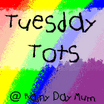Before I do that, I want to quickly recap what autism is. According to the American Speech-Language Hearing Association (www.asha.org): Autism is a developmental disability that causes problems with social skills and communication. Autism can be mild or severe. It is different for every person. Autism is also known as autism spectrum disorders. It now affects 1 in 88 children, and boys are more likely than girls to be diagnosed with autism.
Here are some very informative and interesting articles on autism:
- Scientists find clues to autism risk in placentas
- Autism risk not increased by vaccine, study finds
- Early trial for autism voice test
- Facts about Autism
- 5 Things You Don't Know About An Autism Parent
- 10 Things We Know About Autism That We Didn't Know a Year Ago
- World Autism Awareness Day
- What To Teach Your Children About Kids With Special Needs
What are your thoughts about these articles? Please leave your comments below. I would love to hear your opinion!

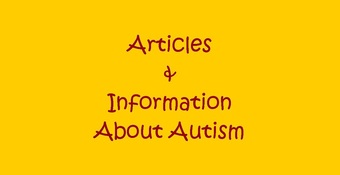
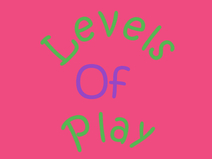
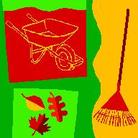
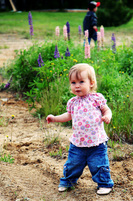
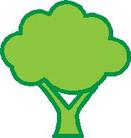
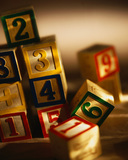
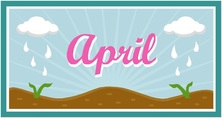
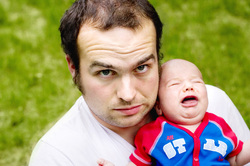
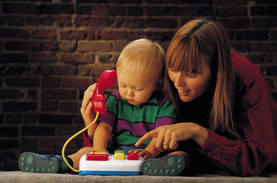
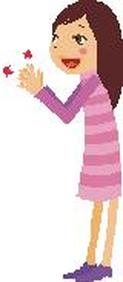
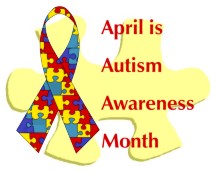

 RSS Feed
RSS Feed



